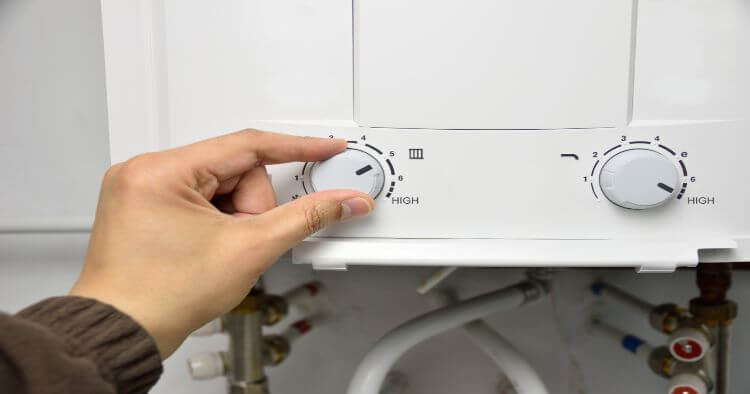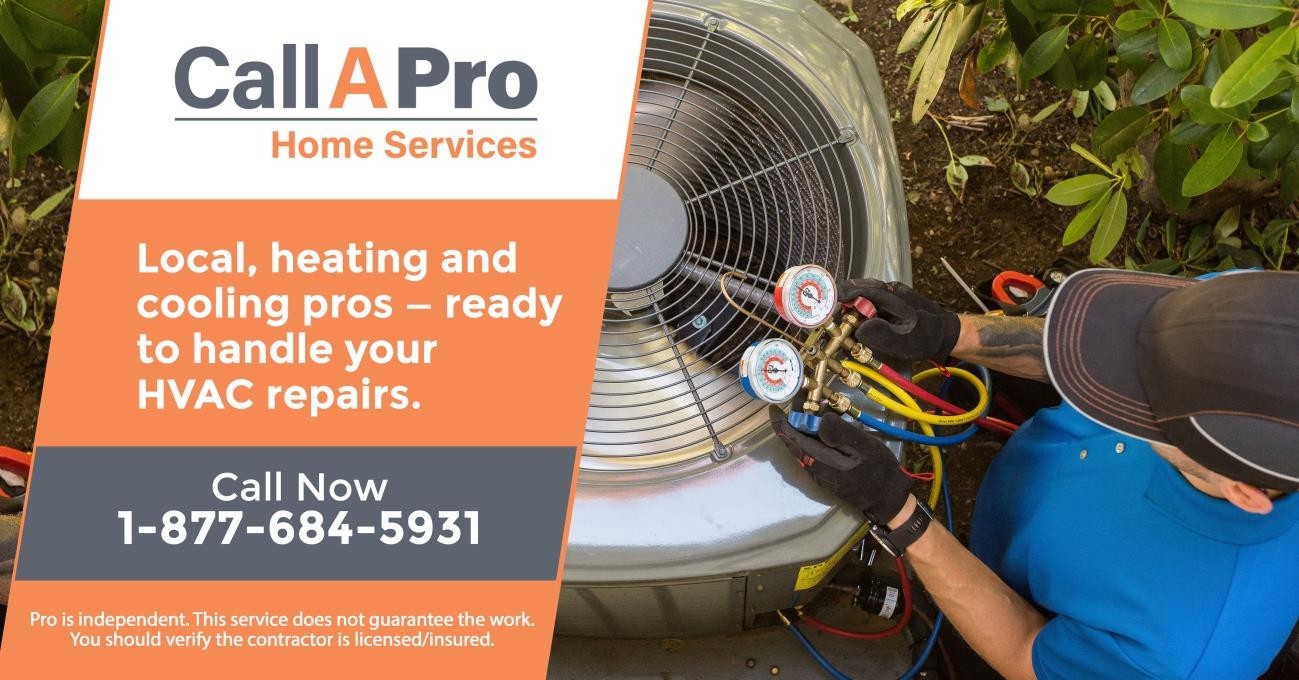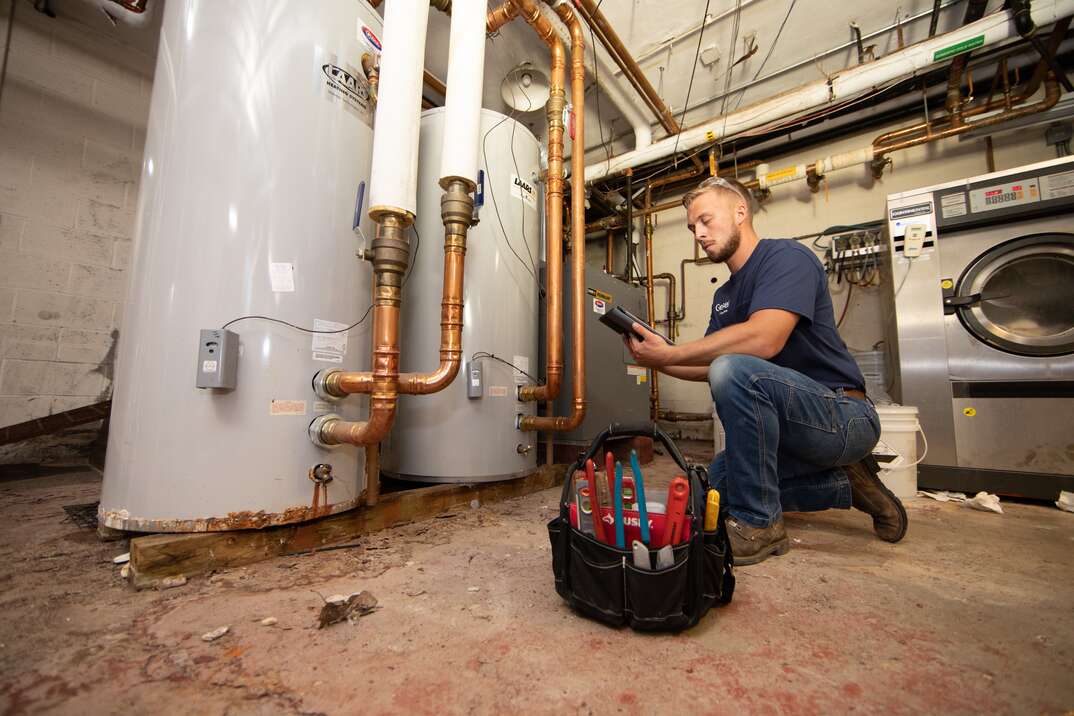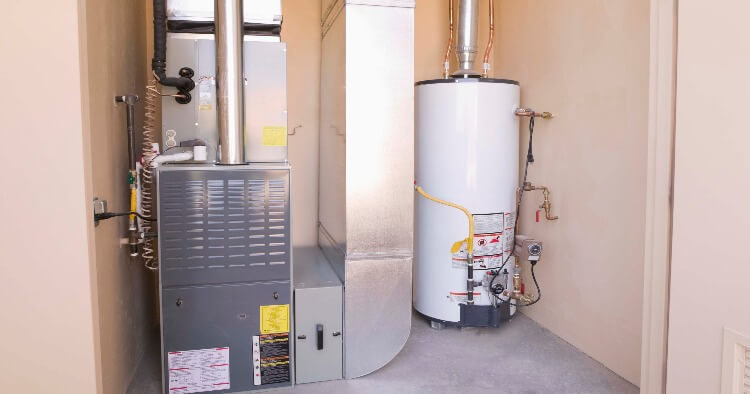The age old question: Is my Water Heater Gas or Electric?

Everyone has a water heater in their home. But if you ask most homeowners if it’s gas or electric, chances are they won’t know.
I admit it. I wasn't sure at first whether my water heater ran on gas or electricity. To be honest, it didn't bother me because I was merely concerned with having a steady stream of hot water in my house at all times. But when I started thinking about it, I realized that knowing the difference was important when budgeting for bills, managing my carbon footprint and debating unit replacement.
[1]:
[2]: /en-us/assets/images/blog/HomeServe-CTAsViewPlan.jpg
[3]: /en-us/assets/images/blog/HomeServe-CTAsAvailablePlan.jpg
According to the Department of Energy, water heating is the second largest expense for most homeowners, which means our wallets can benefit from understanding the workings of water heaters. And, investing in the most efficient models and being mindful of our running taps can also help conserve water.
So, let's talk gas vs. electric water heaters:
Spotting the difference
You're standing in front of your water heater - now how do you tell if it's an electric or gas model? Start by looking for an access panel on the side of the water heater. If you remove it and see a blue flame, that's a pilot light, which only gas models have. Connected pipes are also indicators of gas, while an electric water heater will simply have a cord going into the top or side of the unit.
Comparing Gas vs. Electric Water Heaters
The differences between gas and electric water heaters extend beyond their looks. Both natural gas and electricity can fuel conventional storage and tankless demand water heaters, but the fuel type influences water heater price and operating costs.
Electric models are generally cheaper than gas water heaters, due in part to the simple installation that doesn't require gas pipes or venting systems. Plus, there's no risk of dangerous gas leaks. However, House Logic notes that gas models are usually cheaper to operate, depending on your local utility costs. In most places, electricity is more expensive than natural gas. Meanwhile, high-efficiency electric water heaters are usually more expensive than gas models upfront, but you're likely to recoup the initial costs in long-term savings.
Learn More About Home Repair Plans Near You
Both gas and electric water heaters require the love and care of regular maintenance, with the major difference being whether you turn off the gas pilot light or flip the electricity switch before beginning maintenance tasks. Despite the fuel type, water heaters will usually show similar warning signs when something goes wrong, such as varying water temperature and pressure.
Whether it's gas or electric, your water heater deserves some trustworthy protection. Consider enrolling in a home warranty plan to prepare for system issues or unit breakdowns.
Being prepared for any home repair is always a good strategy. See how plans from HomeServe can help with the costs of covered repairs.




